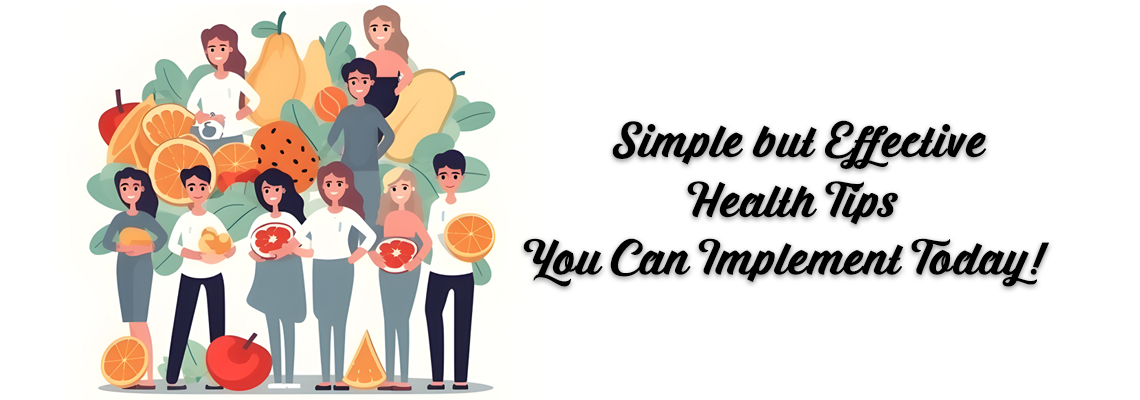

COVID-19 vaccines have provided excellent protection against the disease, significantly reducing the risk of severe illness, hospitalization, and death. Fully vaccinated individuals can now safely resume many activities and events that were previously impacted by the pandemic. This includes attending concerts and sporting events, dining at restaurants, and traveling. By doing so, people can once again enjoy the social and leisure activities that were put on hold for over a year, all while minimizing the risk of transmission to others.

While this is undoubtedly an exciting time, it’s understandable that some may feel stressed or overwhelmed by the changes. The pandemic has affected everyone in different ways, and adjusting to a new normal can be challenging. Some may experience financial or emotional stress, while others may be apprehensive about being in large crowds again.
It’s essential to prioritize your physical, mental, and emotional health during this time of transition. To help you feel your best, here are seven tips to consider:
Take care of your skin: A simple morning routine recommended by dermatologists includes using a gentle cleanser, applying broad-spectrum sunscreen with an SPF of 30 or higher, and moisturizing.
Reduce stress: High levels of stress can manifest as gastrointestinal symptoms, headaches, trouble sleeping, respiratory problems, and more. To lower your stress levels, make time for self-care activities that allow you to relax and slow down, such as bubble baths, gardening, walks, fishing, or golf.
Exercise more: If you’ve fallen out of an exercise routine, ease back into a schedule gradually. Start with outdoor activities like running or cycling and use your body weight for exercises like dips, squats, planks, and push-ups.
Get adequate sleep: Blue light from screens can disrupt your sleep by decreasing melatonin production, making it harder to fall asleep. To improve sleep quality, avoid screens for at least an hour before bed, silence or turn off your phone, and engage in a quiet activity like reading in another room if you’re unable to fall asleep.
Eat a healthy diet: A healthy diet provides fuel for a healthy immune system and body. Try incorporating new fruits and vegetables that can help reduce inflammation, such as apples, berries, tomatoes, celery, and onions. Add sources of omega-3 fatty acids, such as salmon, walnuts, and chia seeds, and limit processed foods high in salt.
Allow for grieving: The past year has been challenging, with many people experiencing loss and grief. It’s essential to give yourself space to process these feelings and find meaning in your grief.
Seek help if needed: If you need support for your health and well-being, help is available. Consider seeing a primary care provider or specialist and seek care from medical experts for specific needs, such as mental health, sports medicine, sleep studies, or weight management.
In conclusion, prioritizing your health is crucial to feeling your best during this time of transition. By making small changes in your daily routine and seeking help when necessary, you can prioritize your well-being and live your best life. Remember, there are many resources available to support you, and you’re not alone.

